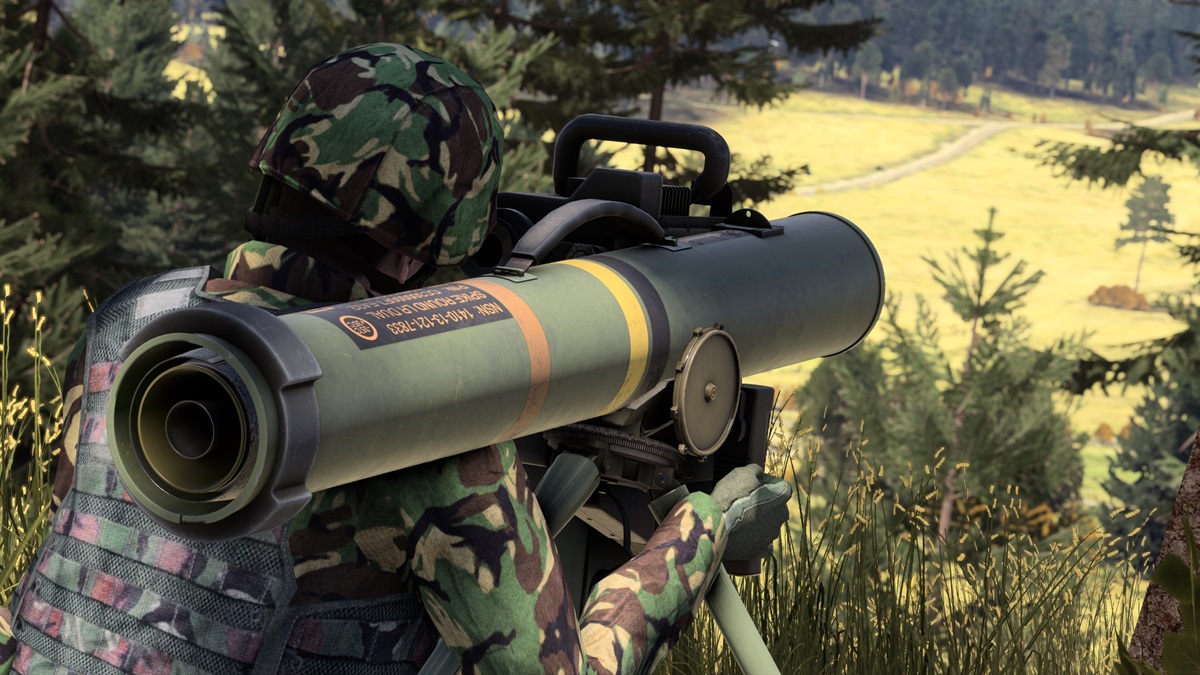Bohemia Interactive Simulations (BISim) announced its VBS Builder Edition for building defense and civilian training simulations.
Orlando, Florida-based Bohemia Interactive Simulations (BISim) is a leader in simulation and training solutions, and it has built both games and military simulations.

Unlock premium content and VIP community perks with GB M A X!
Join now to enjoy our free and premium membership perks.
![]()

![]()